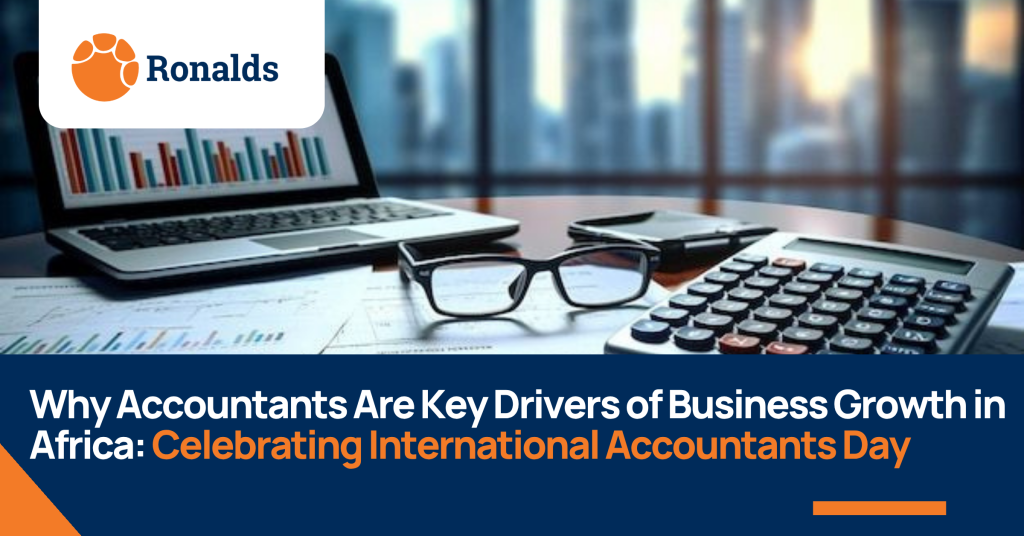For decades, the Chief Finance Officer (CFO) was the guardian of numbers — managing budgets, reporting performance, and ensuring compliance.
But the business landscape has shifted.
Markets are volatile. Capital is cautious. Stakeholders demand meaning, not just metrics.
In this new reality, financial leadership can no longer be about counting value — it must be about creating it.
Enter the Chief Value Officer (CVO) — the next evolution of the finance function.
1. The Limits of Traditional Finance Leadership
Many organisations report strong profits yet struggle with liquidity, sustainability, or relevance.
Their ledgers show success; their cashflow tells a different story.
Profitability reflects performance, but cashflow reveals resilience — and resilience is what defines lasting success.
The CFO who focuses solely on historical numbers risks becoming obsolete.
Boards now expect finance leaders who interpret the business environment, anticipate risks, and guide strategic growth — not just balance the books.
“While it is said that Accounting keeps the scores, Finance wins the game.”
2. From Financial Stewardship to Strategic Foresight
The Chief Value Officer does not replace the CFO — they elevate the role.
They bridge numbers with narrative, ensuring that every financial decision aligns with long-term purpose and competitiveness.
Where the traditional CFO asks “What happened?”, the CVO asks “What’s next — and why does it matter?”
They lead conversations about:
- Value creation — not just profit margins, but human, social, and intellectual capital.
- Sustainability — how to fund growth without eroding future capacity.
- Strategic agility — how finance drives transformation amid uncertainty.
A CVO moves from a reporting mindset to a value architecture mindset — shaping the organisation’s economic and ethical trajectory simultaneously.
3. Value in the Age of Volatility
The world’s most resilient companies have one thing in common: they’ve redefined what “value” means.
Value today is not just measured in currency — it’s reflected in trust, talent, innovation, and adaptability.
Organisations that master these dimensions thrive even when markets shift.
That’s why the future of finance leadership lies not in accounting for performance, but in accounting for purpose.
4. Technology and the Data Imperative
Automation, AI, and predictive analytics have reengineered the finance department.
Transaction processing is no longer a differentiator — insight is.
The Chief Value Officer harnesses data not to summarise the past but to illuminate the path ahead.
They translate analytics into strategic choices that enhance liquidity, mitigate risk, and elevate decision quality.
In their hands, data becomes a strategic narrative — one that connects investors, boards, and employees to the same vision of sustainable success.
5. The ESG Transformation
Global standards such as IFRS S1 and S2 are reshaping how financial performance is defined and disclosed.
Investors are asking for transparency on impact — not only on earnings.
The CVO integrates financial, social, and environmental outcomes into a unified performance story.
They see ESG not as a compliance task, but as a competitive advantage.
This shift from profit-first to purpose-aligned finance is already rewriting corporate strategy across industries.
6. The Future Finance Leader
To evolve from CFO to CVO, leaders must cultivate new competencies:
- Integrated Thinking – connecting financial performance with organisational strategy.
- Strategic Communication – influencing decisions beyond the finance department.
- Digital Intelligence – using technology to amplify insight and foresight.
- Stakeholder Alignment – balancing profitability with sustainability and purpose.
This is not a rebranding of the finance office — it’s a redefinition of its purpose.
7. The African Context — Time to Lead, Not Follow
Across global markets, boards are adopting the Chief Value Officer model to ensure long-term relevance.
Africa’s finance leaders must seize this moment — to redefine the finance narrative from compliance to competitiveness.
Those who adapt will not just safeguard balance sheets; they will shape economies, attract investors, and inspire confidence in a volatile world.
8. The VUCA Finance Leaders Forum — Where Transformation Begins
Join Ronalds Africa in Naivasha for the VUCA Finance Leaders Forum —
📅 4th–7th November 2025
🏨 Sopa Lodges, Naivasha
Themed “Leveraging the Finance Role for Competitive Advantage, Growth, Profitability, and Sustainability in a VUCA Environment”, the forum will equip finance leaders to:
- Transition from CFO to Chief Value Officer.
- Build sustainable liquidity models.
- Align financial strategy with purpose and impact.
🔗 Read related blog here: https://ronalds.co.ke/why-so-many-organisations-without-cashflow-still-succeed-until-they-dont/
📝 Register: https://forms.gle/w1G9uvdGoVKwQifU6
Conclusion — Redefining the Game
The finance leader of the future is not defined by the precision of reports, but by the vision of relevance.
The Chief Value Officer is that visionary — one who transforms financial stewardship into strategic influence, and profit into purpose.
Because in the end,
“While it is said that Accounting keeps the scores, Finance wins the game.”
And in the era ahead, those who lead with value will define the future of business.
Written by Ronald Bwosi



